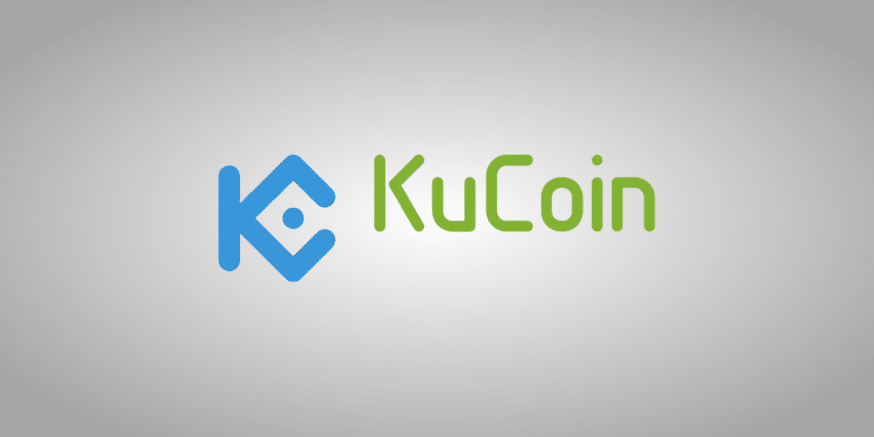TLDR
- Canada has imposed a $14 million fine on KuCoin for failing to comply with anti-money laundering regulations.
- KuCoin neglected to report nearly 3,000 large virtual currency transactions between 2021 and 2024.
- The exchange also failed to flag 33 suspicious transactions that could be linked to financial crimes.
- KuCoin strongly disputed the fine and filed an appeal with the Federal Court of Canada.
- The fine is the largest anti-money laundering penalty issued by Canada’s financial intelligence agency, FINTRAC.
Canada’s financial intelligence agency, FINTRAC, has fined Seychelles-based Peken Global Limited, operator of the KuCoin exchange, C$19.6 million (US$14.09 million). This fine is the largest anti-money laundering penalty in Canada’s history. FINTRAC cited multiple failures in complying with the country’s anti-money laundering regulations.
KuCoin’s Violations and Lack of Compliance
FINTRAC accused KuCoin of failing to register as a foreign money services business, a key requirement under Canadian law. Additionally, the agency reported that the exchange neglected to report nearly 3,000 large virtual currency transactions between 2021 and 2024. According to FINTRAC, these violations were serious and required immediate action.
Moreover, the agency highlighted 33 instances where KuCoin failed to flag suspicious transactions. These transactions could have been connected to money laundering or terrorist financing. Such oversight raises serious concerns about the platform’s commitment to combatting financial crimes.
KuCoin strongly disputed FINTRAC’s findings and described the fine as “excessive and punitive.” The exchange has already submitted an appeal to the Federal Court of Canada. The company also challenged its classification as a foreign money services business under Canadian law.
FINTRAC has imposed an administrative monetary penalty of $19,552,000 on Peken Global Limited (also operating as KuCoin), a Seychelles-incorporated entity operating in Canada. For more information, consult: https://t.co/AXuZs1ktyK pic.twitter.com/0GeNEgc3BI
— FINTRAC_Canada (@FINTRAC_Canada) September 25, 2025
KuCoin’s response indicates that it plans to contest the entire enforcement decision. The company is prepared to argue that it followed all necessary regulations. This legal dispute may set the stage for further clarification regarding the legal status of cryptocurrency exchanges in Canada.
A Pivotal Moment for Canada’s Financial Oversight
The fine against KuCoin comes at a critical moment for Canada. The country is under international scrutiny as the Financial Action Task Force (FATF) prepares for a crucial audit in November. The agency has emphasized that the enforcement against KuCoin is part of a broader effort to strengthen Canada’s financial crime safeguards.
In the past year, FINTRAC has issued 23 penalties totaling $25 million, with KuCoin’s violations standing out due to their severity. The penalty is a clear indication of Canada’s heightened commitment to regulating cryptocurrency platforms and preventing illegal financial activity.
This is not KuCoin’s first encounter with regulatory authorities. In 2023, the Ontario Securities Commission issued its own penalties for operating without proper registration. KuCoin’s struggles with regulatory compliance also extended to the United States, where it settled with the U.S. Department of Justice for nearly $300 million.
As a result of these regulatory challenges, KuCoin faces increased scrutiny from global authorities. Its legal troubles could affect its operations and reputation within the international financial community.
Thailand Taps KuCoin for $153M Tokenized Bond Launch
Despite its regulatory issues, KuCoin is expanding its role in the global financial landscape. Last month, Thailand’s Ministry of Finance selected the exchange as a partner for its G-Token initiative. This blockchain-based, government-backed digital bond program aims to modernize public finance and offer retail investors easier access to government securities.
The G-Token program is backed 1:1 by the Thai baht and approved earlier this year. Thailand’s government hopes that the program will democratize investment access using blockchain technology. With KuCoin’s involvement, the bonds are expected to be offered internationally, pending regulatory approvals.







